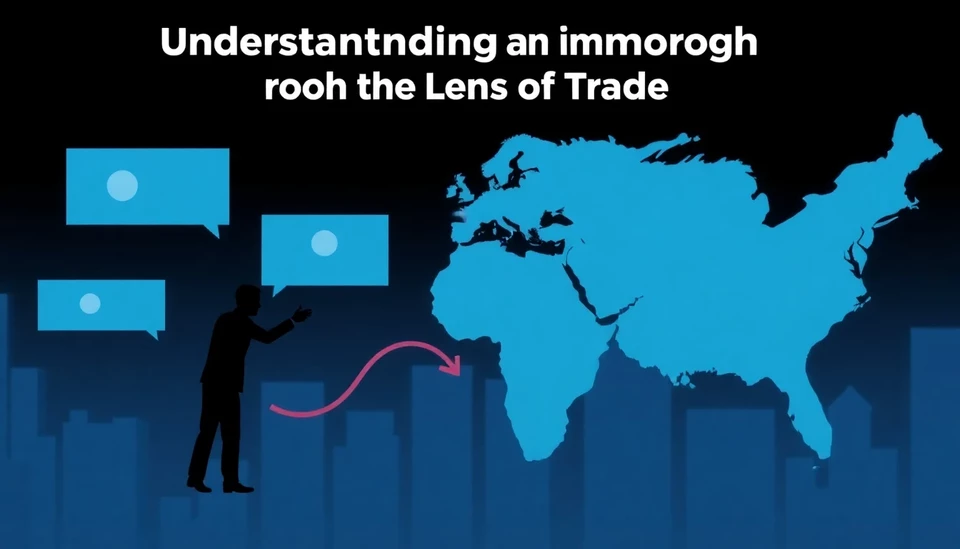
In recent discussions surrounding immigration policy, it has become increasingly clear that centrist politicians are struggling to grasp the complexities of immigration dynamics, likening it too closely to trade issues. The ongoing debates highlight a crucial disconnect that not only oversimplifies a multifaceted issue but also risks the implementation of ineffective policies.
Immigration, much like trade, is a topic that involves significant economic implications and human experiences. However, the nuances of human migration cannot be adequately compared to the flow of goods and services. Trade agreements often focus on tariffs, supply chains, and commercial benefits. Conversely, immigration encompasses a wide range of factors including humanitarian considerations, family reunification, cultural integration, and labor market demands.
As policymakers attempt to craft bipartisan solutions, the challenge lies in understanding that immigrants are not merely a resource to be utilized or a burden to be managed but rather individuals who contribute to society in numerous ways. The framing of immigration solely as an economic issue diminishes the intricate tapestry of human experiences that immigrants bring with them, often fleeing dire situations and seeking a better life.
Furthermore, centrist politicians must engage in a broader dialogue that includes voices from various stakeholders, including immigrant communities and economists alike. The notion that immigration can be simplified to a quota system, similar to how trade deals might impose limits on imports, overlooks the vast social and personal ramifications of such policies. By ignoring the deeper implications, centrists risk alienating constituents who are directly affected by these policies.
Moreover, the global context of migration should be acknowledged, as political unrest, climate change, and economic disparity push individuals towards new horizons. Policymakers need to adopt a comprehensive approach that recognizes the interconnectedness of countries and the shared responsibilities they hold towards migrants.
The urgency for a fundamental shift in how immigration is perceived and legislated couldn't be more pronounced. Progress will only come when political discourse evolves beyond simplistic rhetoric, embracing the complex and rich narrative surrounding immigration. If centrist politicians wish to cultivate public support, they must strive for deeper understanding and empathy towards the challenges faced by immigrants while recognizing their contributions to society.
In conclusion, it is vital for centrist politicians to reshape their understanding of immigration as a multifaceted issue that intersects with various aspects of trade, human rights, and economics. Doing so not only reflects a more humane approach but also aligns with the realities of a globalized world where migration is a significant component of economic and social development.
<#>Immigration #Trade #CentristPolitics #PolicyChange #HumanRights #Economy #Globalization #Migration #BipartisanSolutions
Author: Daniel Foster




